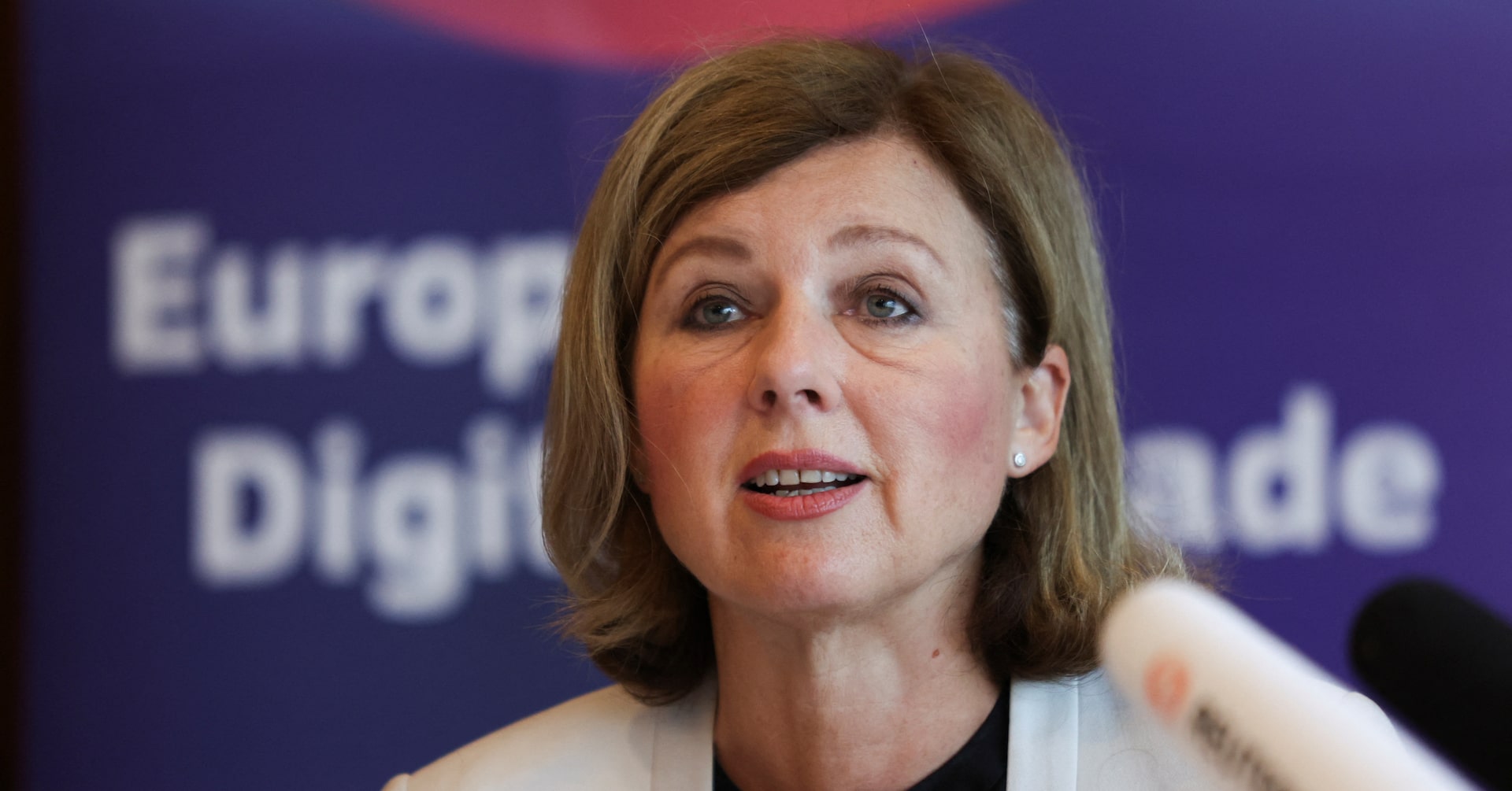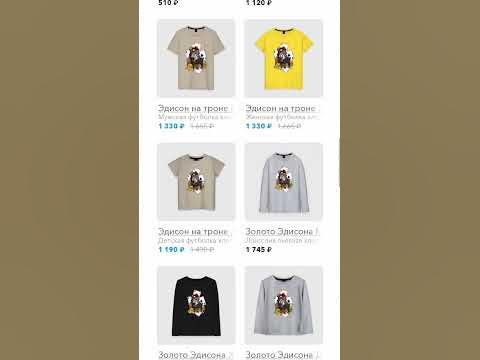Switzerland Aligns With EU, Targets Russian Media Outlets

Table of Contents
Why the Shift? Understanding Switzerland's Decision
Switzerland's traditional neutrality, a cornerstone of its identity for centuries, has been challenged by the ongoing war in Ukraine. The country's historically non-aligned stance, carefully cultivated to maintain stability and avoid entanglement in international conflicts, is undergoing a profound reassessment. The intense pressure from the EU and other international partners to take a firmer stance against Russian disinformation, coupled with growing concerns about the Kremlin's influence, has pushed Switzerland to reconsider its traditional approach.
The war in Ukraine acted as a catalyst, forcing Switzerland to confront the realities of a world grappling with aggressive disinformation campaigns. The perceived complicity of allowing Russian media outlets to operate freely, potentially disseminating propaganda and undermining international efforts to counter the narrative surrounding the conflict, became untenable.
- Increased EU sanctions pressure: The EU's coordinated sanctions against Russia placed significant pressure on Switzerland to align its policies.
- Growing concerns about Russian propaganda and disinformation: The spread of disinformation from Russian sources became a significant concern for Swiss authorities.
- International condemnation of Russia's actions in Ukraine: The overwhelming international condemnation of Russia's actions made maintaining neutrality increasingly difficult.
- Maintaining Switzerland's reputation as a reliable partner: Aligning with international efforts to counter Russian aggression helped Switzerland maintain its reputation as a reliable partner within the international community.
Specific Measures Taken Against Russian Media
The Swiss authorities have implemented several measures targeting Russian media outlets, primarily focusing on those known for their pro-Kremlin narratives. These actions, though significant, have been carefully calibrated to balance security concerns with principles of media freedom. The legal framework underpinning these decisions rests on national security concerns and the imperative to combat disinformation that threatens the stability of Switzerland.
- Specific media outlets targeted: RT (Russia Today) and Sputnik are among the prominent Russian media outlets affected by these measures.
- Types of sanctions imposed: These sanctions range from licensing restrictions, limiting their broadcasting reach, to potential asset freezes.
- Legal basis for the actions: Swiss authorities justify these actions based on national security laws and regulations designed to combat disinformation campaigns.
- Potential challenges: The implementation of these measures has faced challenges, including potential legal challenges from the affected media outlets and public debate regarding freedom of speech.
Impact on Media Freedom and Public Discourse
The measures against Russian media have sparked debate surrounding media freedom and public access to information. Critics express concerns about potential censorship and the chilling effect on other media outlets. The argument against these restrictions centers on the importance of a diverse media landscape where citizens can access a variety of perspectives, even those they disagree with.
- Concerns regarding censorship and freedom of the press: Critics argue that restricting Russian media limits the public's access to diverse viewpoints.
- Counterarguments highlighting the need to combat disinformation: Supporters emphasize the importance of protecting Switzerland from malicious disinformation campaigns.
- Potential for chilling effects on other media outlets: There are concerns that these actions might discourage critical reporting on sensitive issues.
International Implications and Future Outlook
Switzerland's decision to align with the EU in targeting Russian media outlets has far-reaching implications. It significantly strengthens its relationship with the EU, while simultaneously straining its relationship with Russia. The decision may also influence other traditionally neutral countries to reconsider their stance on similar issues.
- Strengthened relationship with the EU: The move demonstrates Switzerland's commitment to European cooperation and shared values.
- Strained relationship with Russia: It is expected that Russia will react negatively to Switzerland's actions.
- Potential for similar actions by other neutral countries: Other traditionally neutral nations might feel pressured to adopt similar measures.
- Long-term implications for Switzerland's neutrality: This decision could mark a significant shift in Switzerland's long-standing policy of neutrality.
Conclusion
Switzerland's departure from its traditional neutrality, marked by the targeting of Russian media outlets in alignment with the EU, represents a significant turning point in its foreign policy. The specific measures implemented, while aimed at combating disinformation, have also raised concerns about media freedom and the potential for chilling effects. Understanding the "Swiss response to Russian media" requires a nuanced appreciation of the complex interplay between national security, international cooperation, and the fundamental right to information. To learn more about the evolving situation and the broader implications of Switzerland and EU sanctions, further research into the ongoing debates surrounding "combating Russian disinformation in Switzerland" is encouraged.

Featured Posts
-
 Cy Young Winners April Strikeout Still Fired Up Despite 9 Run Lead
Apr 23, 2025
Cy Young Winners April Strikeout Still Fired Up Despite 9 Run Lead
Apr 23, 2025 -
 Novaya Kollektsiya Mercha Ot Pavla Pivovarova I Aleksandra Ovechkina
Apr 23, 2025
Novaya Kollektsiya Mercha Ot Pavla Pivovarova I Aleksandra Ovechkina
Apr 23, 2025 -
 Lane Thomas Promising Spring Training Performance With Cleveland Guardians
Apr 23, 2025
Lane Thomas Promising Spring Training Performance With Cleveland Guardians
Apr 23, 2025 -
 Jackson Chourios 5 Rbi Game Leads Brewers To Victory Over Rockies
Apr 23, 2025
Jackson Chourios 5 Rbi Game Leads Brewers To Victory Over Rockies
Apr 23, 2025 -
 Nestor Cortes Silences Reds In Impressive Start
Apr 23, 2025
Nestor Cortes Silences Reds In Impressive Start
Apr 23, 2025
